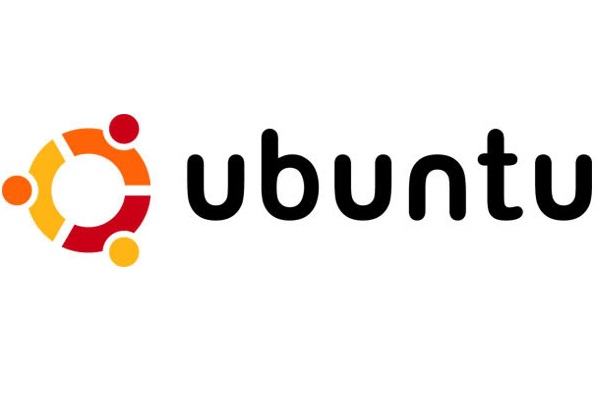Ubuntu 9.10 review: Karmic Koala
Windows 7 isn't the only new operating system that's recently launched. In this review, we look at the latest flavour of Ubuntu Linux to see if it can compete.

Karmic Koala cements Ubuntu’s position as the best of the free desktop Linux distributions, but Windows remains the most advanced and cohesive desktop operating system.
An increase in Intel's already dominant market share for graphics chipsets, driven partly by the netbook explosion, has been addressed with Canonical claiming that major performance problems' in 9.04 have been solved. General performance with Intel graphics has also been improved.
In our testing though, driver compatibility seems to have taken a backward step in at least a few instances with Nvidia and ATI hardware. An office desktop PC with an old Nvidia 7300GT graphics card (that offered no resistance to an installation of Feisty Fawn) couldn't be booted into the desktop due to video corruption, either in normal or safe graphics mode. The same happened to a system fitted with an ATI Radeon 9600 card.
This is hardly a statistically valid sample size, but it's nonetheless disappointing to see chinks in Ubuntu's otherwise near-flawless Debian-derived compatibility armour.
Against Windows
The greatest problem for Ubuntu as Windows-competitor remains its sense of coherence. It still doesn't present the reassuring feel of a single product designed under a single roof. Karmic Koala is a significant step forward on that front, but the illusion is shattered as soon as you visit the Software Centre app and see lists of the kinds of applications you might have ordered on floppy disk from a public-domain library in the early 1990s.
From a productivity point of view, Windows Vista and Windows 7 are miles ahead with their shift to a search-orientated interface. Karmic Koala feels quaint with its standard point-and-click menus: hitting the Windows key and typing the name of the application or document you need is far, far faster.
Nonetheless, there's virtually nothing an Ubuntu desktop machine can't do that a Windows one can, and it's all for free. For that reason alone it makes a lot of sense to at least consider a roll-out or a feasibility study to assess the costs of staff retraining, should you decide to abandon the Microsoft ship.
Verdict
Karmic Koala cements Ubuntu’s position as the best of the free desktop Linux distributions, but Windows remains the most advanced and cohesive desktop operating system.
CPU: 700 MHz x86 processor or greater Memory: 384 MB of system memory (RAM) recommended HDD: 8GB of disk space minimum Graphics: 1024 x 768 capable Audio: Sound card Connectivity: A network or internet connection
Sign up today and you will receive a free copy of our Future Focus 2025 report - the leading guidance on AI, cybersecurity and other IT challenges as per 700+ senior executives
-
 A sneaky cyber espionage campaign is exploiting IoT devices and home office routers – here's what you need to know
A sneaky cyber espionage campaign is exploiting IoT devices and home office routers – here's what you need to knowNews Researchers at SecurityScorecard have issued a warning about a new China-linked threat campaign, dubbed 'LapDogs', targeting IoT devices and home routers.
By Emma Woollacott Published
-
 AI-generated code is in vogue: Developers are now packing codebases with automated code – but they’re overlooking security and leaving enterprises open to huge risks
AI-generated code is in vogue: Developers are now packing codebases with automated code – but they’re overlooking security and leaving enterprises open to huge risksNews While AI-generated code is helping to streamline operations for developer teams, many are overlooking crucial security considerations.
By Ross Kelly Published
-
 Data (Use and Access) Act comes into force
Data (Use and Access) Act comes into forcenews Organizations will be required to have an effective data protection complaints procedure and fulfil new requirements for online services that children are likely to use
By Emma Woollacott Published